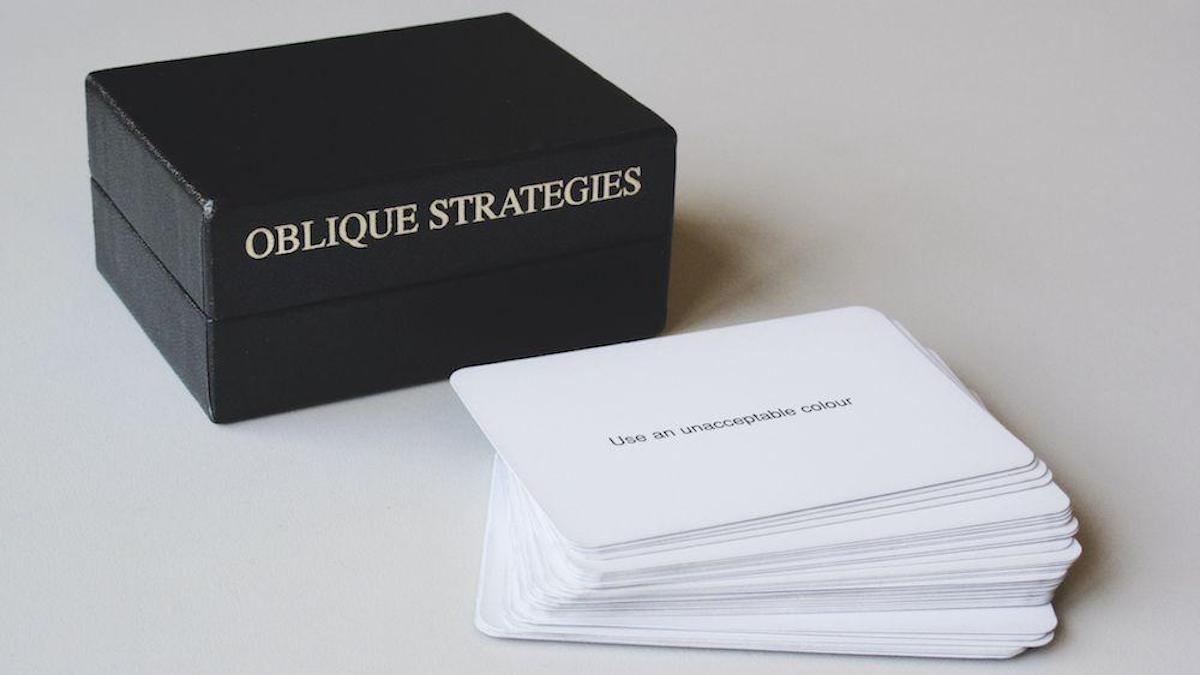

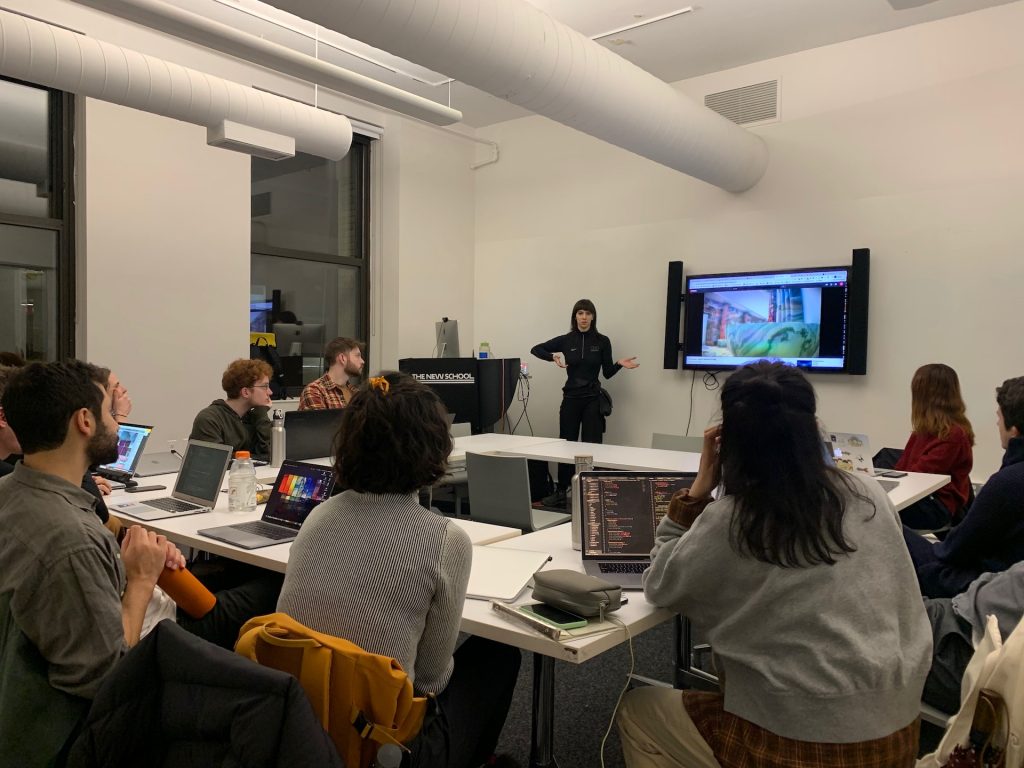
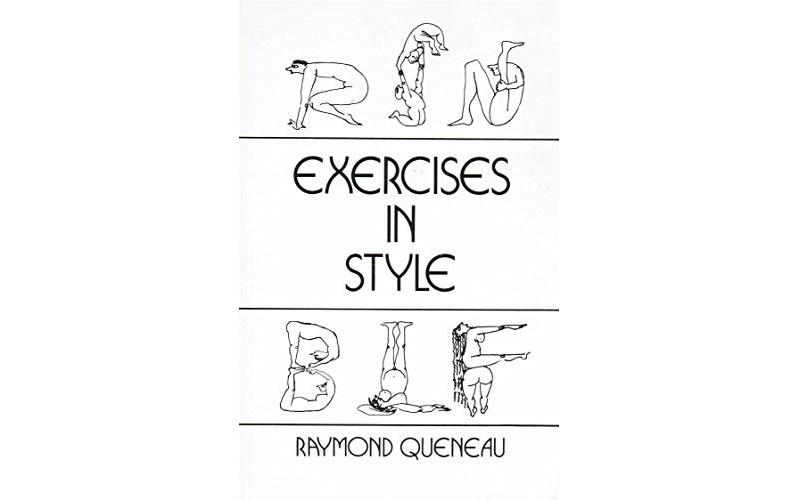
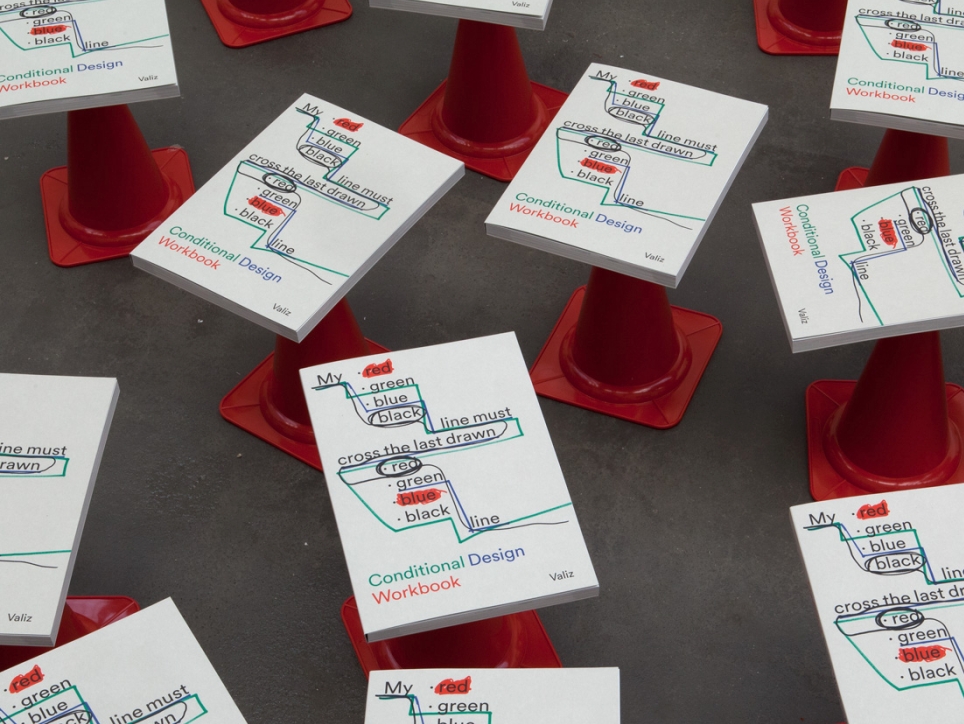
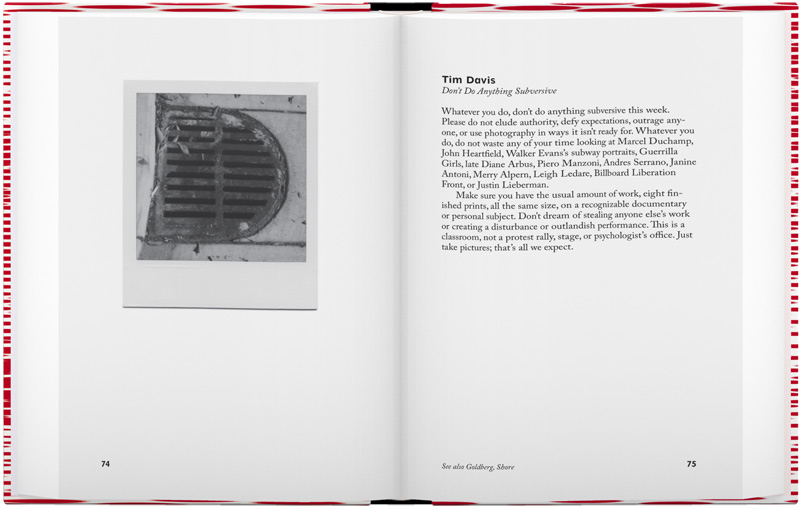
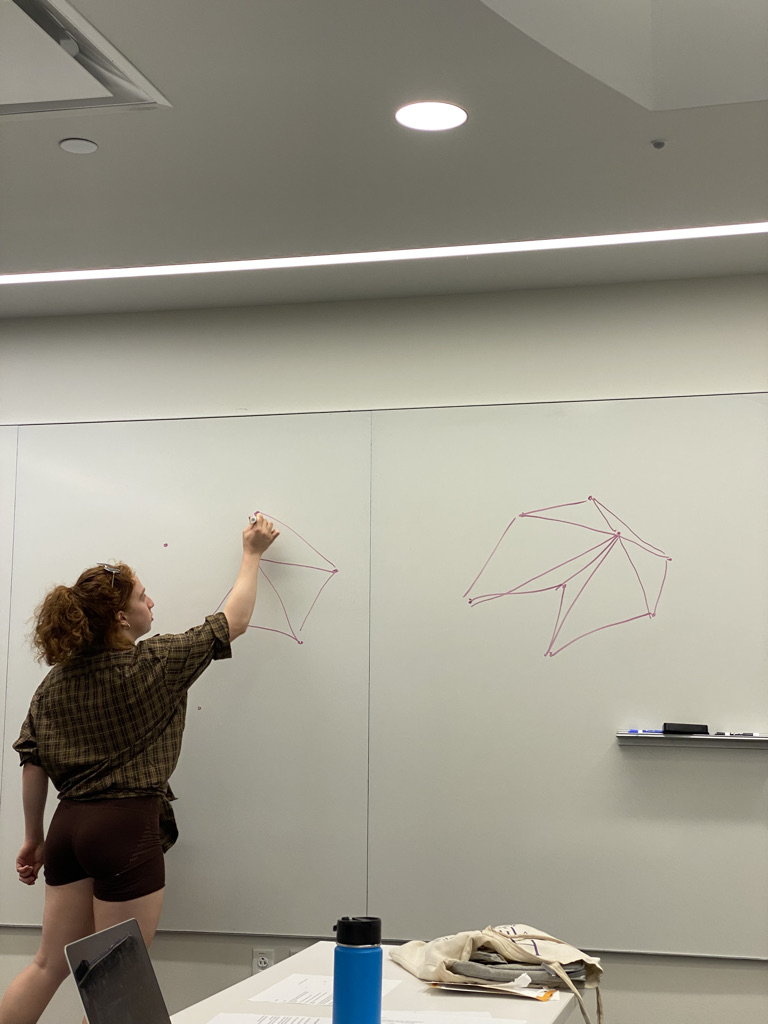







The accelerating crises, disruptions, and disconnections in today’s society—nationally and globally—highlight the urgency for all of us to become more inventive, empathetic, and creative in everything we do. The ability to think and act creatively is the most powerful antidote to depression, disillusionment, distancing, and destruction; research shows that participation in creative arts learning, problem-solving, and empathy result in wellbeing and wholeness. How might fostering lifelong creativity help society envision, explore, and implement a more joyful, artful, meaningful, and equitable future? What tools might we build and what experiences could we develop to enhance, inspire and unleash creativity in everyone, in super-special circumstances and in the everyday?
This experimental course will explore these issues and more. We will study the cognitive and neuroscientific bases of creativity; investigate the practice and habits of creativity; explore the relationship of constraints and rules to creative thinking; investigate computational tools for creative expression, focusing on the history of these tools and examining the future, specifically the latest AI tools for artistic generation and manipulation; consider the role of community in creativity; and experience the process and product of some of the most exciting artists working today.
Although Cultivating Creativity will teach techniques (in the field of computational creativity / generative design), involve readings, and include meetings/discussions with prominent experts and practitioners from a variety of relevant fields as well as study of core projects from the Media Lab’s Future Sketches group, this is primarily a project course. There will be a variety of short projects exploring various themes of study; projects around personal expression as well as tools for others to express themselves; and a final, more ambitious project - which might take the form of a performance, an installation, or something not-yet-imagined - capable of inspiring a profound sense of creative potential in anyone who experiences it.
For each theme, the course hosts speakers that offer a unique perspective.
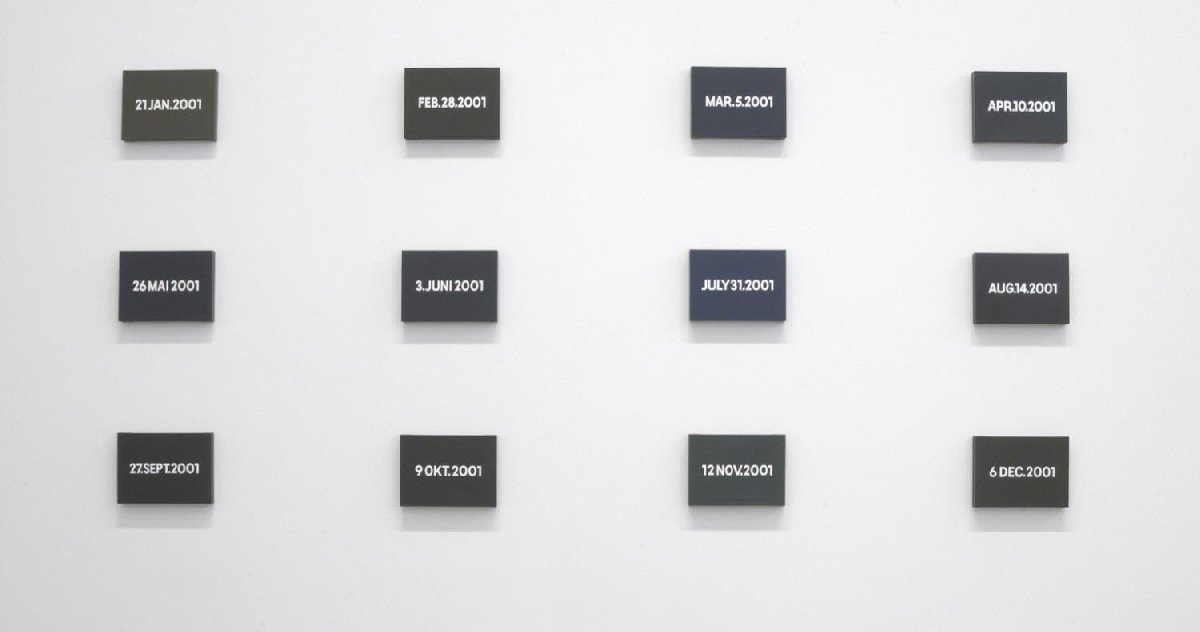
The course is structured around 4 themes:
Here are examples of some of the topics within those we will be exploring:
Grading will be derived from the following formula:
There are no prerequisites for this class.
Please contact Zach Lieberman (zachl@media.mit.edu) with any questions about the class, requirements, materials, or schedule.
This class will have 2 hour in person sessions weekly. We will use:
Please let us know if there are any accessability concerns.
